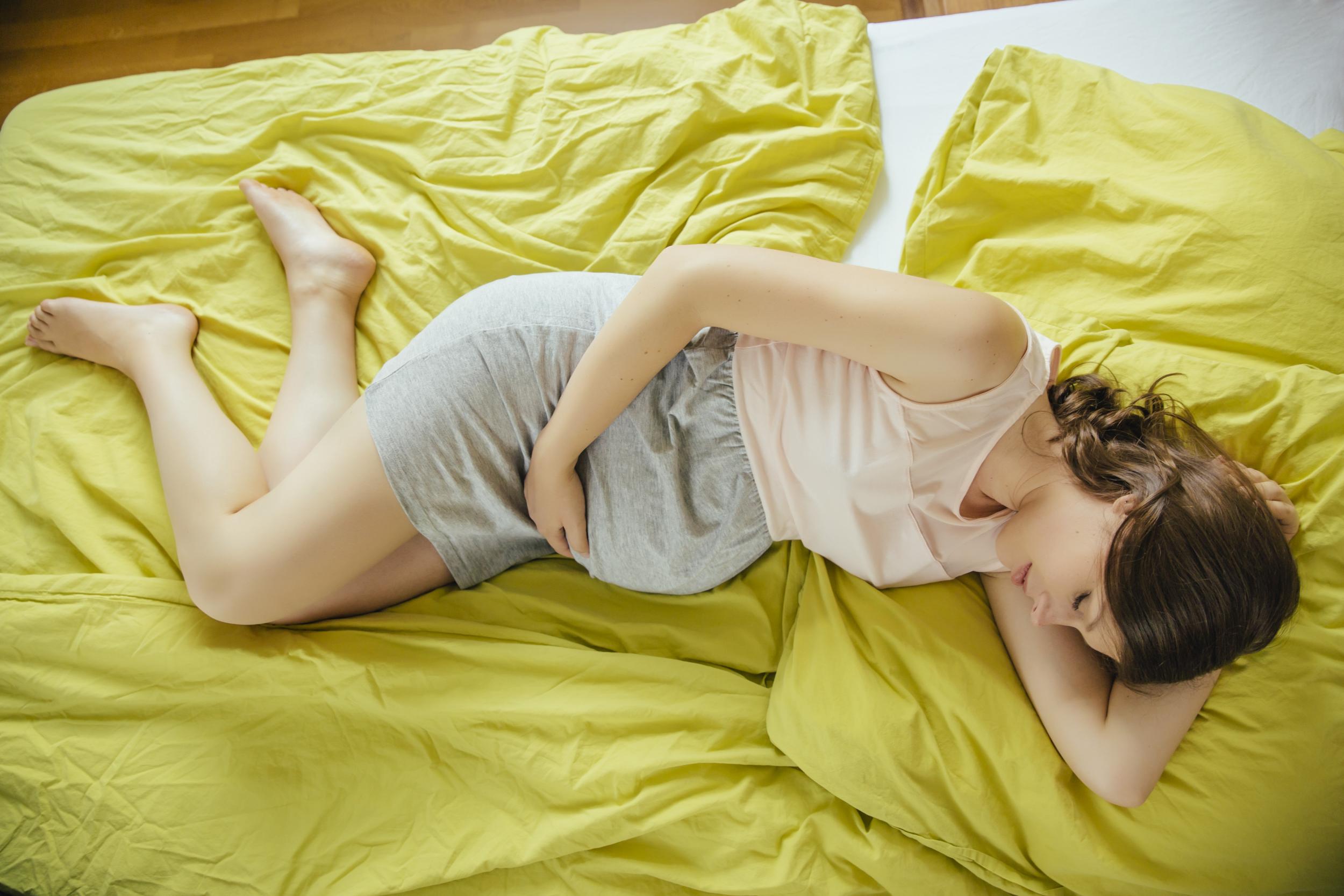Sleeping on your back more than doubles risk of stillbirth, study suggests
Daytime napping and not getting up during the night were also associated with a higher risk

Your support helps us to tell the story
From reproductive rights to climate change to Big Tech, The Independent is on the ground when the story is developing. Whether it's investigating the financials of Elon Musk's pro-Trump PAC or producing our latest documentary, 'The A Word', which shines a light on the American women fighting for reproductive rights, we know how important it is to parse out the facts from the messaging.
At such a critical moment in US history, we need reporters on the ground. Your donation allows us to keep sending journalists to speak to both sides of the story.
The Independent is trusted by Americans across the entire political spectrum. And unlike many other quality news outlets, we choose not to lock Americans out of our reporting and analysis with paywalls. We believe quality journalism should be available to everyone, paid for by those who can afford it.
Your support makes all the difference.Mothers who sleep on their back in the last three months of pregnancy are more than twice as likely to have a stillbirth, scientists have found.
The study, one of the largest to date, found sleeping on your back was associated with a 2.3-fold increase in risk compared to going to sleep on your side.
But other habits such as rarely getting up to use the toilet during the night, and napping every day, were also linked to increased risk.
In the UK, there are nearly three stillbirths for every 1,000 pregnancies after 28 weeks, though in some countries it is as high as 8.8 in every 1,000.
The researchers state it's natural to move around during the night, and women who wake up on their back shouldn't be concerned but should move on to their side when going back to sleep.
But the position you go to sleep in is often held for a longer period and the researchers estimate that the rate of stillbirths in the UK could be cut by 3.7 per cent if no woman went to sleep on her back.
One reason proposed for this increased risk was reduced blood flow to the uterus due to the baby and stomach putting pressure on major blood vessels.
The researchers, from the University of Manchester, interviewed 291 women who had experienced a stillbirth and 733 women who had a live birth, about their sleeping habits in the last three months of pregnancy.
The study, published in the BJOG, says: “Mothers who went to sleep on their back had at least twice the risk of stillbirth compared with mothers who went to sleep on their left-hand side,” the study says.
“This suggests that 3.7 per cent of stillbirths after 28 weeks of pregnancy were linked with going to sleep lying on the back.”
Other risk factors associated with late stillbirth include “getting up to the toilet only once or not at all on the last night, and daytime napping every day".
This risk was unrelated to the mother’s obesity and smoking status, or other demographic factors.
Vice president of the Royal College of Obstetricians and Gynaecologists (RCOG), Edward Morris, said the study was "extremely welcome” particularly because it could help shed light on some of the “unexplained” causes of late stillbirth.
"The impact of stillbirth on parents and professionals is devastating and the RCOG is committed to working collaboratively on research, audit and training for healthcare professionals in order to achieve a substantial reduction in the UK stillbirth rate," he said.
Louise Silverton, director for midwifery at the Royal College of Midwives, said: "Stillbirth is a terrible tragedy for mothers and their families and we must do all we can to bring stillbirth rates down.
"This addition to current knowledge is very welcome.”
Join our commenting forum
Join thought-provoking conversations, follow other Independent readers and see their replies
Comments